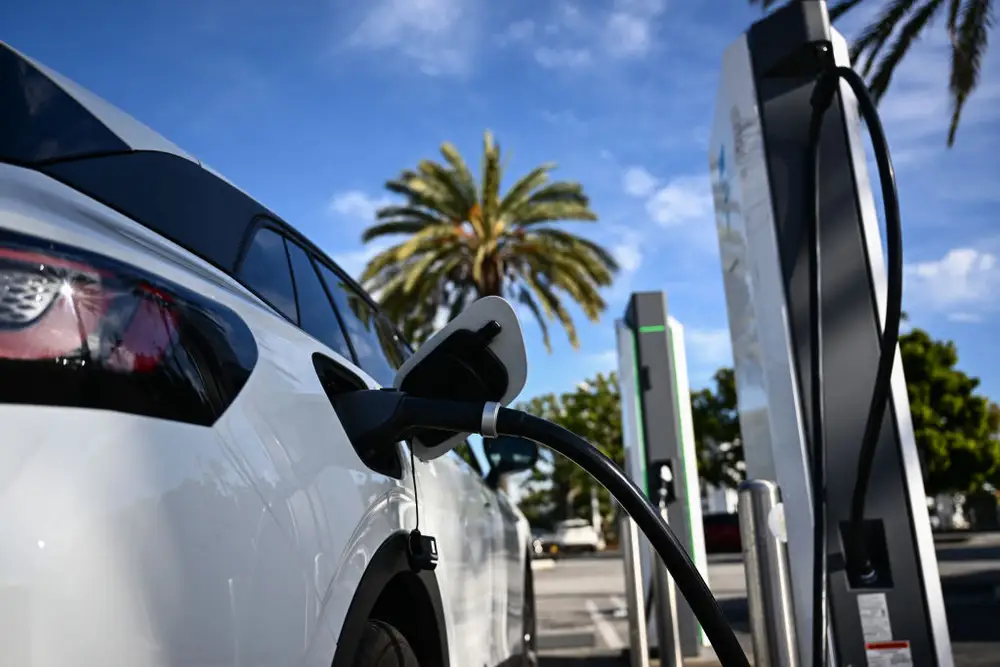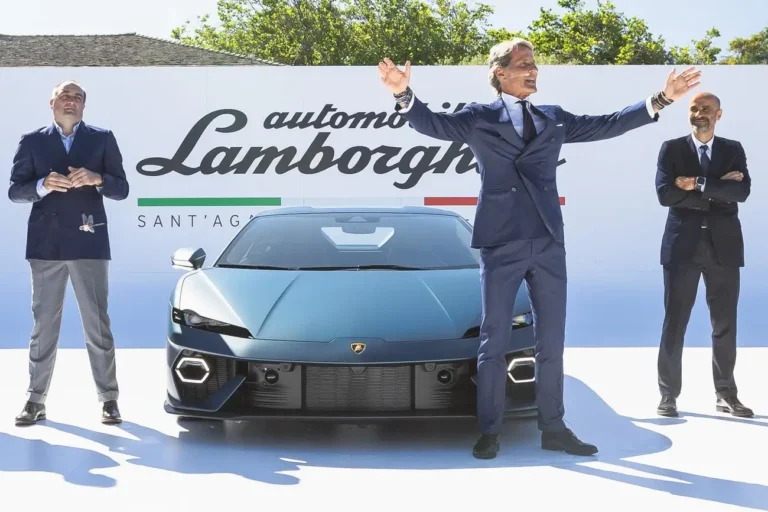EV charging is so bleak in the US that 46% of owners are considering going back to gas-powered cars

Issues with charging has nearly half of electric-vehicle owners in the US considering going back to fossil fuels — the latest bad sign for the EV transition.
A recent consumer study conducted by McKinsey found that 46% of US EV owners surveyed were likely to switch back to a gas-powered vehicle, compared to a global average of 29% of EV owners who said they would likely switch back to an internal-combustion engine.
Respondents said the top reason for ditching their EVs was a lack of charging infrastructure. Other charging issues high on the list included a lack of charging at home and the impact of long-distance driving.
Range anxiety and access to charging infrastructure have long been considered big barriers to electric-vehicle adoption, but the revelation that these same issues may drive current battery-powered car owners back into gas-powered cars is a new blow for the already rocky EV transition.
While there are plenty of shoppers interested in an electric vehicle, the options on sale are often too big, too expensive, or not practical enough to replace a gas-powered car.
Car companies are already scrambling to adjust to a sudden change in the electric-vehicle market to draw more new customers. The slowdown in EV sales growth has rocked everyone from Ford to Tesla, denting sales and forcing executives to rethink their long-term plans for electric vehicles.
While the industry has made great strides in electric-vehicle range and battery charging times, huge infrastructure holes make certain areas nearly impossible to navigate without a gas-powered engine.
McKinsey’s study found this issue to be particularly acute in the US, which had the second-highest rate of respondents who said they were considering ditching their EV. (Australia was in first place, with 49% of respondents saying they were likely to switch back.)
America’s high placement shouldn’t come as too much of a surprise. Charging infrastructure in the US has long been a hot-potato issue, which has held back efforts to build more chargers.
Though a push from the automotive industry to fund charging infrastructure has led to a boom in public charging stations in the last two years, these have largely been money-losing ventures.
The Biden administration has set aside $7.5 billion for charging infrastructure and has said it would add 500,000 EV charging stations by 2030. But that effort has played out slowly so far, with only a handful of stations going live since the funding was approved two years ago.
Addressing charging infrastructure is already high on the industry’s list of priorities when it comes to removing barriers to adoption, but the fact that it might also drive existing EV owners away only amplifies the issue.






